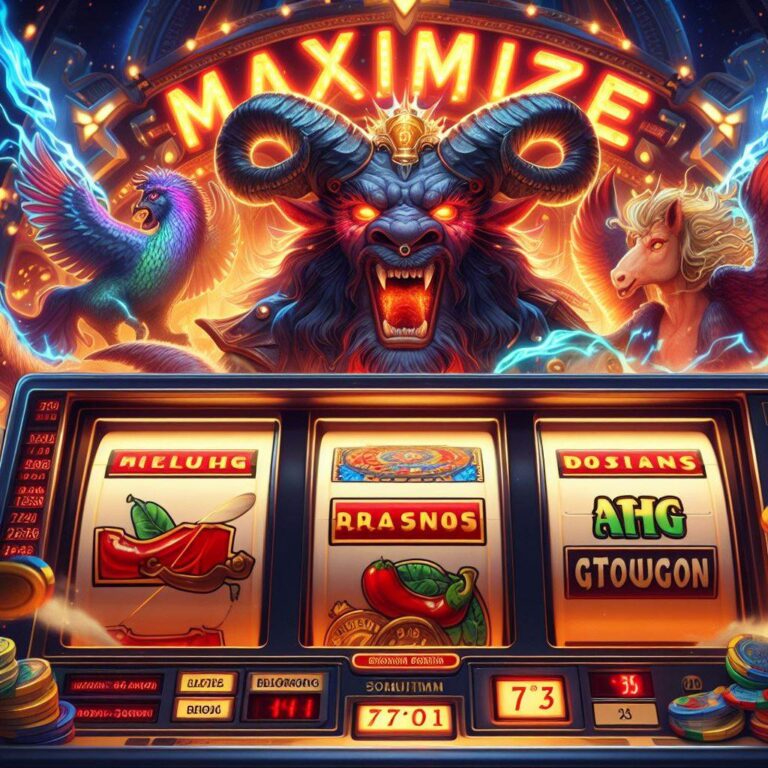Bankroll Management: How to Sustain Your Play in Casino Poker
Bankroll management is a fundamental skill that every poker player should master to sustain and succeed in the game, Your Play in Casino especially in the vibrant environment of a casino. Effective management of your bankroll can be the difference between a fleeting hobby and a lasting pursuit. This article explores the key strategies for managing your funds wisely to ensure that your casino poker experience is both enjoyable and profitable.
Understanding Bankroll Management
Bankroll management refers to how you manage your money set aside specifically for playing poker. It’s not just about deciding how much to play with in a single game, but also about making strategic decisions to protect your money over the long term, Your Play in Casino ensuring that you can handle the inevitable ups and downs of the game.
Set Clear Budget Limits
The first step in effective bankroll management is to determine how much money you can afford to allocate to poker without impacting your essential financial responsibilities. This amount is your bankroll, and it should be money that you are comfortable losing, as even the most skilled players face losses.
Choose the Right Stakes
Playing at the appropriate stakes is crucial. A common rule of thumb is to have enough in your bankroll to cover at least 20 buy-ins for the level at which you choose to play. For example, if you’re playing at a table where the buy-in is $100, you should ideally maintain a bankroll of at least $2,000. This helps mitigate the risk of a bad run wiping out your funds.
Be Consistent with Your Stake Levels
Resist the temptation to jump to higher stakes without the necessary bankroll simply because you’ve had a few good sessions. Moving up in stakes should be a calculated decision based on consistent performance, not on a fleeting winning streak. Similarly, if you’re experiencing a downturn, consider moving down in stakes to preserve your bankroll.
Keep Poker Money Separate
Keep your poker funds separate from your personal finances. This separation helps you track your performance and prevents the common pitfall of dipping into personal savings to cover poker losses, which can lead to problematic financial situations.
Record Keeping
Maintain detailed records of your sessions, including wins and losses, the stakes played, and any observations about your play. This habit not only aids in financial management but also helps you analyze your game to identify strengths and weaknesses.
Embrace a Long-Term Mindset
Poker is a game of skill with a significant element of luck in the short term. By adopting a long-term perspective, you acknowledge that making a profit takes time and requires patience, discipline, and consistent play. The focus should be on making the best decisions every time, rather than on immediate gains.
Risk Assessment and Adjustment
Regularly assess the risk level of the games you are entering in relation to your bankroll. As your bankroll grows, you can reassess your strategy to include higher stakes games. Conversely, if you’re on a losing streak, reducing your stake level might be prudent.
Conclusion
Effective bankroll management is key to sustaining your play and success in casino poker. It allows you to ride through the inevitable fluctuations in the game and ensures that poker remains an enjoyable and potentially profitable activity. By managing your funds wisely, you protect yourself against significant losses and set yourself up for long-term success in the poker world.
Read More: From Beginner to Pro: A Journey Through Casino Poker Skills






